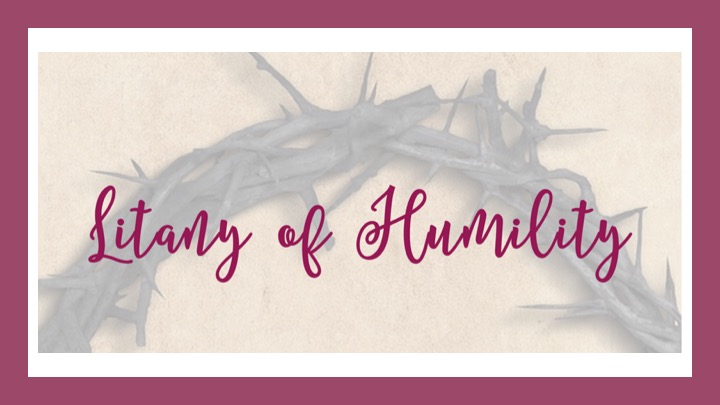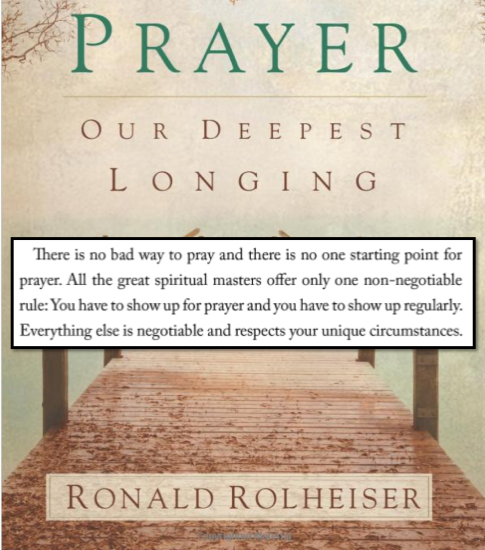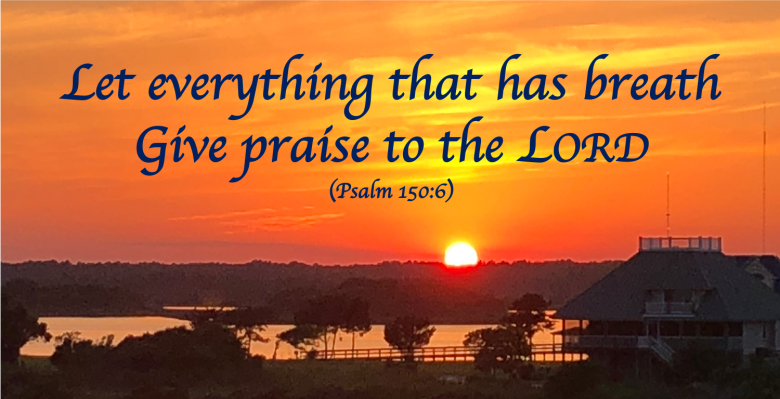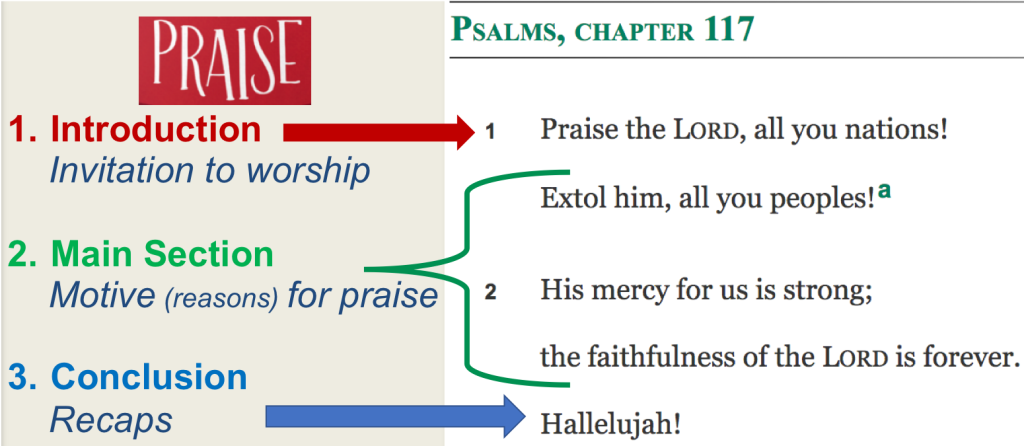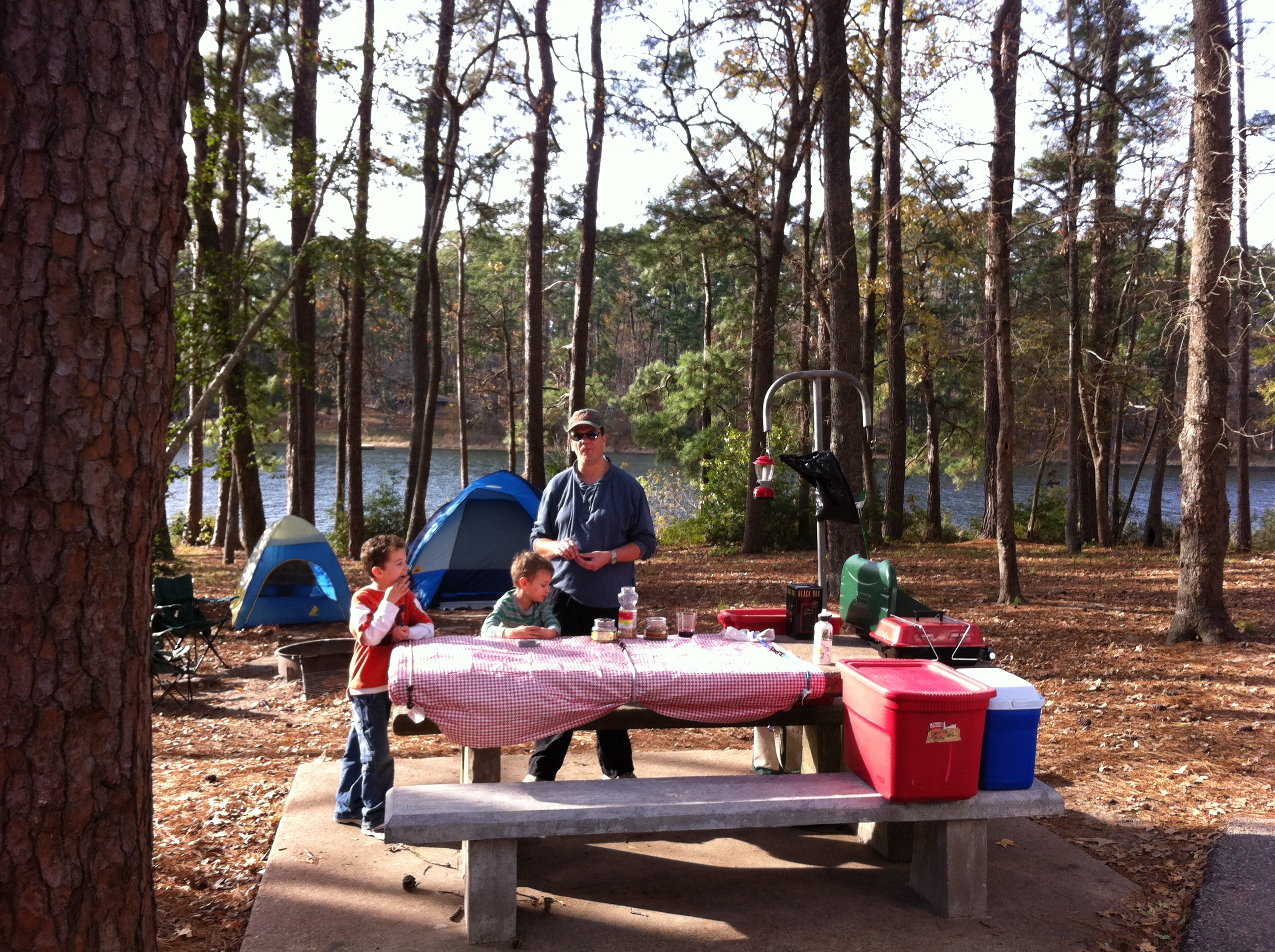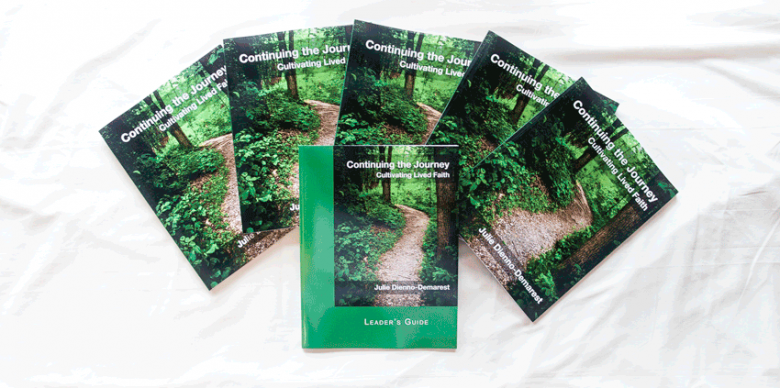Reflecting on the Litany of Humility
Have you ever prayed the Litany of Humility?

The beauty and wisdom of the Litany of Humility are especially evident in the way it manages to address both sides of our struggle with humility: pride and insecurity.
Both “too much pride“ and “too many insecurities“ are unhelpful, and both are violations of truth.

Humility is about LOVE
Humility is about loving God and knowing that you are loved by God, fully and completely.

There is no need to “desire“ God’s love. You already are loved by God, fully and completely. Have faith in God’s perfect love. Stand firm in the knowledge of that love.
Allow the truth of God’s perfect love to speak to any insecurities.
Anyone or anything that would give you the impression that you are not fully and completely loved by God, just as you are, is violating the truth of God’s perfect love.
Humility is about TRUTH.
Humility rejects the falsehood of TOO MUCH pride, arrogance, or self-centered ego.
Pride prevents us from honestly seeing ourselves before God.
The problem isn’t taking pride in a job well done… the problem is when we claim all glory, honor and praise for our accomplishments as our own, without recognizing that in truth, we only build upon and work with the gifts and talents God has given us.
Moreover, the problem isn’t receiving praise and honor… the problem is the desire.

Deliver me, Jesus, from the desires of my pride.
Humility also rejects the falsehood of TOO LITTLE confidence, which feeds insecurities and dwells on unworthiness.
Our God who again and again tells us “fear not” and “be not afraid” does not want us to feel insecure. Our God who blesses us with gifts and talents so that we may be the hands and feet of Christ to everyone we meet does not ask us to dwell on unworthiness.
Humility isn’t about unworthiness.
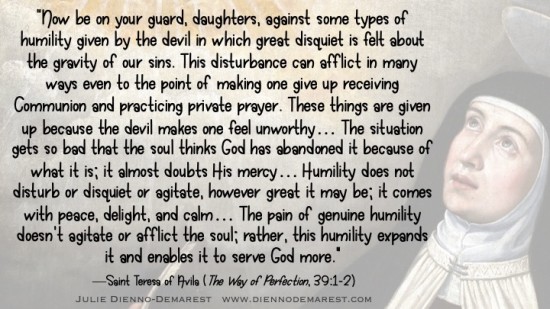
But before getting to “unworthiness,” there’s a TRUTH-related vocabulary word that needs clarity.
What is “calumniated” and how do you even say it?

Calumny [CAL-oom-nee] appears in the Catechism’s section on truth, following the Eighth Commandment (Thou shall not bear false witness), and refers to misrepresenting someone’s reputation, particularly with the intent to harm.
In the Litany of Humility, this speaks to that fear of being talked about behind your back. Ouch.
Deliver me, Jesus, from my fears and insecurities.
It’s Not About Worthiness
Far too often, we want to make our relationship with God about worthiness.
The Scripture passage about worthiness that we are most familiar with comes from the healing of the Centurion’s servant in Matthew 8:5-13, which we pray before receiving the Eucharist.

The Centurion asks Jesus to heal his servant. As Jesus agrees, the Centurion stops him with his powerful line, “Lord I am not worthy…” and goes on to express tremendous faith, “only say the word and my servant will be healed” (Matthew 8:8). Read this passage closely, and you’ll see that Jesus doesn’t disagree: the Centurion IS NOT worthy.
Of course, he’s not worthy. None of us are worthy. And if you’re the kind of person who struggles with the pride and ego side of humility, sit with this for a while.
Grace, mercy, love, and healing are gifts given by God, to us, freely. It’s not about worthiness; it’s never about worthiness. We should really stop making it about worthiness.
The Virtue of Humility
Humility is the virtue that asks you to:
- know that you are completely and fully loved by God for who you are
- stand firm in the truth
- value God’s opinion of you more than the world’s
- trust in God’s Grace and Mercy
- use the gifts and talents that God has given you to glorify God by your life
- recognize that you are a vessel and God is the source of those gifts and talents
Humility is not to be confused with humiliation, which is a violation of TRUTH. Humility doesn’t ask you to be a doormat, content with verbal, physical, or emotional abuse. But when you experience humiliation, the virtue of humility grounds you in the truth of God’s love, not the world’s opinion. Humility frees you to trust in God’s Grace and Mercy.
Humility asks you to keep your pride in-check. To remember that all that you have and all that you are extend from God’s goodness, love, and blessings. Humility takes all of the glory from all our accomplishments and uses it to give greater glory to God.
And in everything, humility relies upon the virtues of courage and wisdom; to courageously and wisely speak the truth with love.

Grant Me the Grace
The Litany of Humility invites us to explore the parts of the virtue of humility that you may find uncomfortable.
Through the Litany of Humility, petition God: Deliver me from my desires and fears… and grant me the grace to desire those aspects of humility that I still struggle with.

Please feel free to print and share my Litany of Humility graphic, available in PDF.

